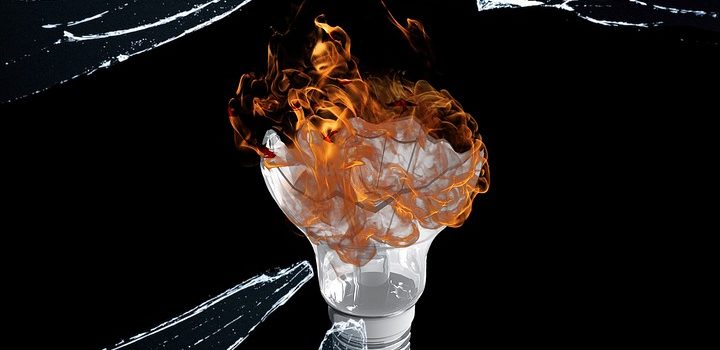
According to some statistics, it is estimated that around 51,000 home electrical fires occur each year, which cause at least 500 deaths. As a result, we believe it is essential to raise awareness about how to avoid electrical fires.
1. Never Overload Your Outlets

Remember the 7-year old Norman Price in” Fireman Sam?” What happened when he overloaded an extension socket? It caused an electrical fire.
The circuits of an outlet were designed to convey only a specific amount of electricity. However, when you overload it with extension cords and too many power strips, I’m sure you can imagine what might happen. This problem is entirely preventable. So, if you don’t want to find yourself in the same situation as our little Norman, always make sure that your surge protectors have an internal circuit breaker that will cut power if it senses problems. But, if there are too many gadgets in your household that need plugging in at once, it is better to install some new outlets and wiring.
2. Use External Cords Only as a Temporary Solution
I know how tempting it is to use extension cords to prolong the cords on your appliances or electronics. However, make sure they are only used as a temporary solution and not as a permanent electrical wiring for your home. The reason why: they can cause major electrical hazards.
Even if you use extension cords, make sure they have safety closures on them as this will protect kids from getting shocked by them.
3. Use Only Gfci Outlets near Water Areas
Now, I will not act as an elementary school teacher and explain what happens when an electrical outlet comes in contact with water. But I recommend you the “Ground Fault Circuit Interrupter” outlet for kitchens, bathrooms and workshops with sinks.
Before you google what a ground fault circuit interrupter is, let me tell you that it is a fast-acting circuit breaker with three-pronged plug stations designed to halt electric power when it senses an imbalance between the outgoing and incoming current. And what’s so special about it is that it can shut off the power supply if it senses moisture.
4. Keep All Flammable Objects Away from Electrical Outlets and Cords

Guys, even my four-year-old knows that one should always avoid placing furniture, curtains, decorations, boxes and any other flammable stuff too close to an outlet. That’s because most electric outlets generate unnoticeable heat and when they are overloaded, more heat is generated which causes sparks and eventually starts a fir on the items closest to them. So, as a precaution, always check your outlets to see if they are too warm.
5. Unplug Devices and Appliances When Not in User-Friendly
I was mildly shocked to find that an average household can have at least fifty electrical devices or appliances plugged in at any one time, according to some studies. Now, let’s be frank, who unplug their entertainment systems when leaving the house? And is it practical to unplug your refrigerator?
However, certain electrical appliances such as the toaster or hair dryer need to be unplugged before leaving the house. And a warning, guys: never, I repeat, never leave a space heater plugged in when you are not at home and the same goes for electric, heated blankets. These items are known for causing electrical fires. So, it is better to adopt the unplugging habit as it can also save money on electricity.
6. Make Sure All Outlets Are Well Fitted to the Wall
I am not asking you to go and check your electrical outlets every single day. But what you can do is at least once in a while to make sure that they are tight and well fitted to the wall because loose-fitted ones can lead to electrical hazards.
7. Tamper with Electrical Plugs
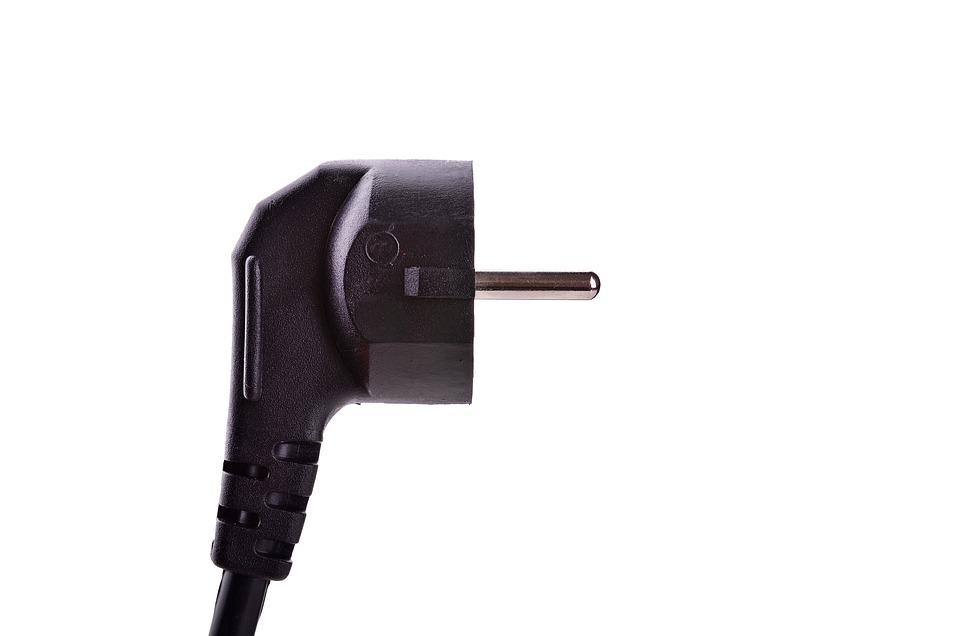
Come on, let’s be realistic, removing the third prong on a plug to try to make it fit into a two-conductor outlet will never work. And, don’t even think about bending or twisting the prongs as you will be playing with fire.
8. Always Follow the Manufacturer’s Instructions
How many times were you Mr or Ms Know All and used an electrical equipment on your own, without following the manufacturer’s instructions? Do you know that in doing so you are risking your own life as using these electrical appliances in ways that the manufacturer does not recommend can actually lead to some electrical hazards?
Did the following article help you in learning more about electrical fires? Please share your comments!

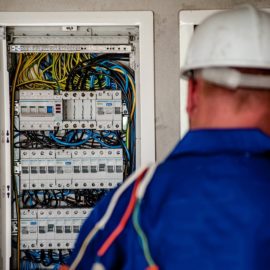
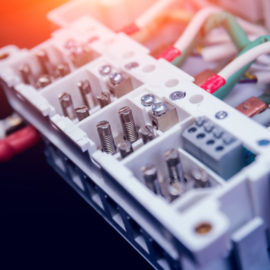
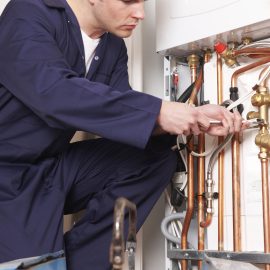
Pingback:Common Dangers to Watch for Around Your Home (Part 1) - Home Safe Home